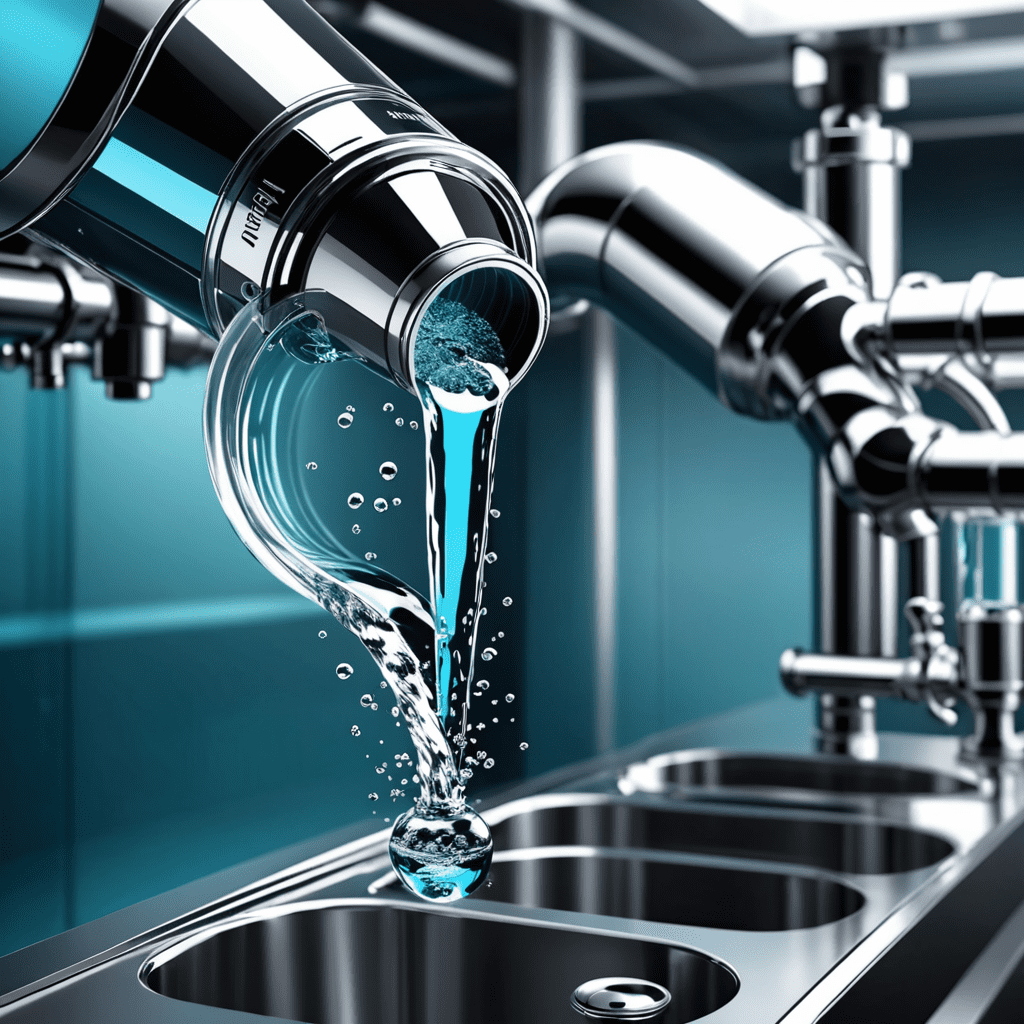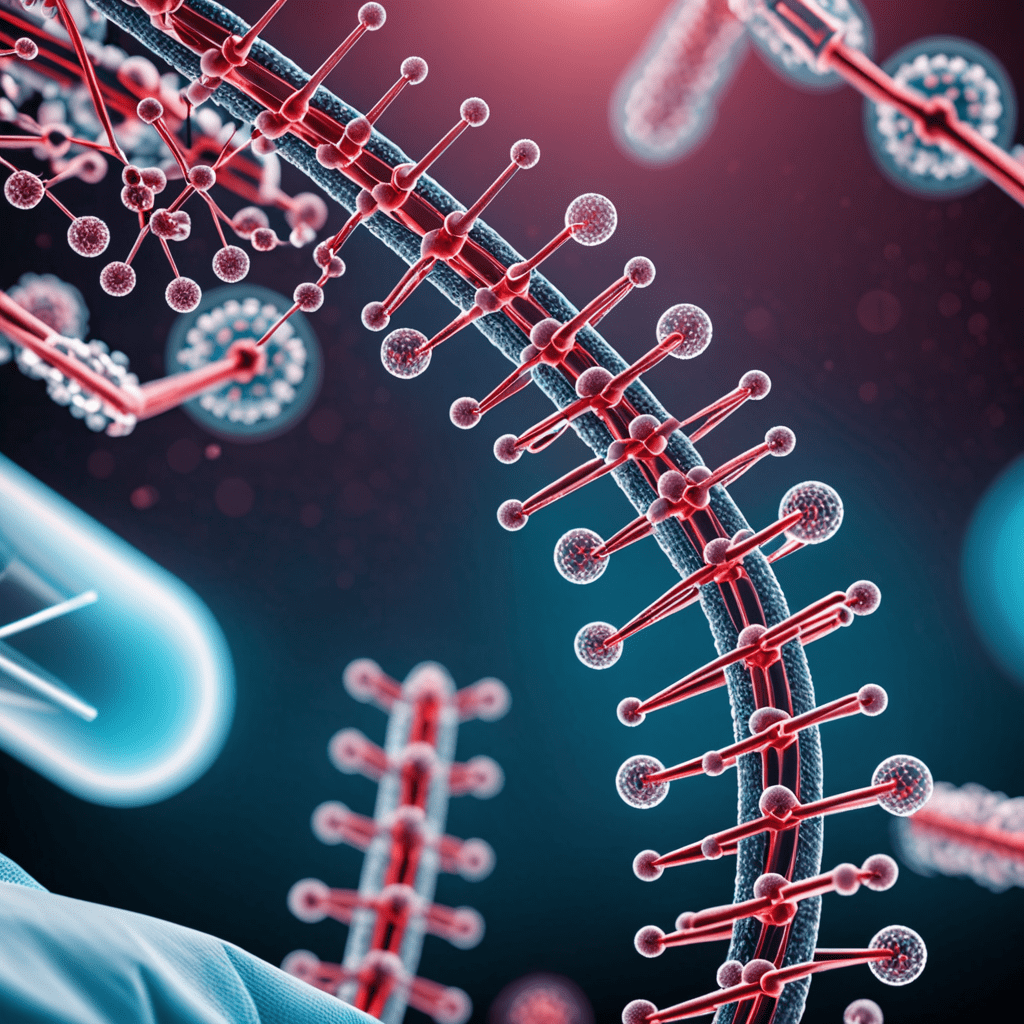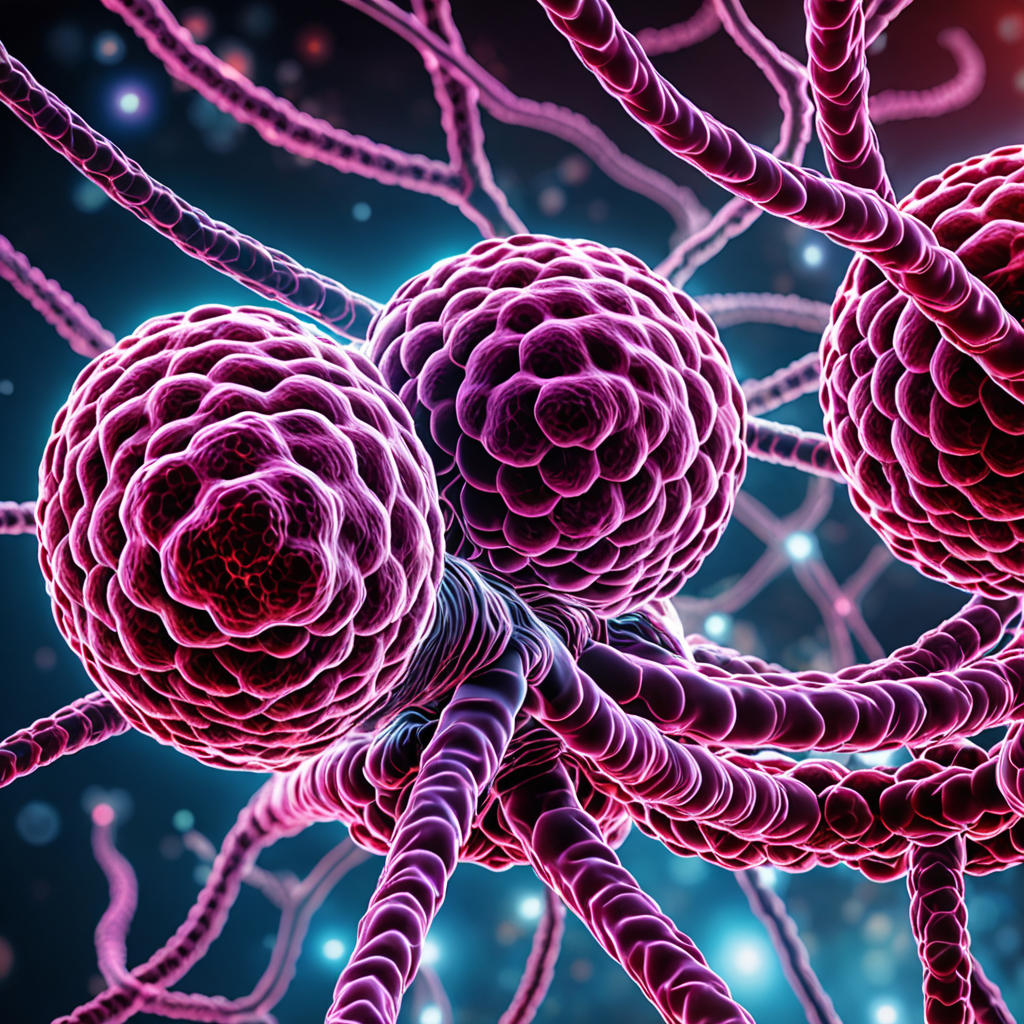
Nanotechnology in Water Filtration: Purifying Water for Safe Consumption
The Impact of Nanotechnology in Water Purification
Nanotechnology has revolutionized the field of water filtration, offering advanced solutions for purifying water to make it safe for consumption. This cutting-edge technology utilizes nanoscale materials and processes to effectively remove contaminants and impurities from water, ensuring its quality and safety.
How Nanotechnology Works in Water Filtration
At the core of nanotechnology-based water filtration systems are nanomaterials such as nanoparticles, nanotubes, and nanofibers. These materials possess unique properties that enable them to target and capture pollutants at the molecular level, resulting in highly efficient purification processes. By leveraging these nanoscale properties, water filtration systems can remove a wide range of contaminants, including heavy metals, bacteria, and viruses.
Advantages of Nanotechnology in Water Filtration
One of the primary advantages of using nanotechnology in water filtration is its exceptional filtration efficiency. Nanomaterials have a high surface area-to-volume ratio, allowing them to effectively trap even the smallest particles and impurities present in water. Additionally, nanotechnology-based filtration systems are compact and portable, making them ideal for use in diverse settings, from households to industrial facilities.
Applications of Nanotechnology in Water Purification
Nanotechnology is employed in various water purification technologies, including membrane filtration, adsorption, and photocatalysis. Nanomaterials embedded in membranes can selectively separate pollutants from water, while nanoparticles can adsorb contaminants through electrostatic interactions. Furthermore, nanocatalysts can degrade harmful molecules when exposed to light, enhancing the purification process.
Challenges and Future Developments
Despite its numerous benefits, nanotechnology in water filtration faces challenges such as scalability, cost-effectiveness, and potential environmental impacts. Researchers are actively exploring ways to overcome these hurdles by developing sustainable nanomaterials and improving filtration processes. The future of nanotechnology in water purification holds promise for addressing global water scarcity and enhancing access to clean drinking water.
Ensuring Safe Drinking Water with Nanotechnology
In a world where access to clean water is increasingly threatened by pollution and scarcity, nanotechnology offers a promising solution for purifying water to safeguard public health. By harnessing the power of nanomaterials, researchers and engineers continue to innovate water filtration technologies that are efficient, sustainable, and accessible to communities worldwide.
Conclusion
In conclusion, nanotechnology plays a crucial role in enhancing water filtration processes and ensuring the availability of safe drinking water. By leveraging nanoscale materials and innovative techniques, water purification systems can effectively remove contaminants and provide clean, potable water for consumption. The ongoing advancements in nanotechnology in water filtration hold great potential for addressing global water challenges and improving public health outcomes.
FAQ about Nanotechnology in Water Filtration
What is nanotechnology in water filtration?
Nanotechnology in water filtration involves using nanomaterials to remove contaminants from water on a molecular level, ensuring safe and clean drinking water.
How does nanotechnology purify water for safe consumption?
Nanotechnology-based filters have nanopores that can trap harmful substances like bacteria, viruses, and heavy metals, effectively purifying water and making it safe to drink.
Are nanotechnology water filters efficient?
Yes, nanotechnology water filters are highly efficient due to the large surface area of nanomaterials, which enhances adsorption capacity, leading to thorough removal of impurities.
What are the benefits of using nanotechnology in water filtration?
The benefits include improved filtration efficiency, cost-effectiveness in the long run, conservation of water resources, and the ability to remove a wide range of contaminants effectively.
Is nanotechnology safe for water purification?
When properly designed and implemented, nanotechnology is safe for water purification as it targets specific contaminants without introducing harmful byproducts, ensuring water safety for consumption.


